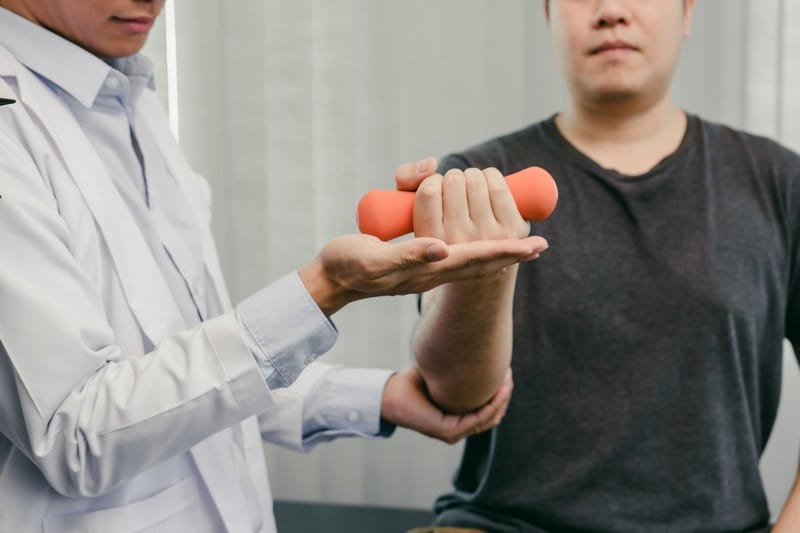Muscle Weakness

One of the primary functions of vitamin D is to facilitate calcium absorption in the gut. Calcium is necessary for muscle contraction. So, muscle function may suffer when there isn’t enough vitamin D available to help with calcium absorption. This can lead to muscle weakness and fatigue. Vitamin D deficiency can make it hard to do everyday activities such as walking, climbing stairs, or even getting out of a chair.
Vitamin D deficiency has also been linked with an increased risk of falls in older adults, likely due to weakened muscles. Falls can cause serious injuries, such as fractures or head trauma. Falls are a leading cause of disability in older adults.
Certain groups are at higher risk for vitamin D deficiency than others. These groups include people with dark skin, older adults, people without sun exposure, obese individuals, and people with chronic medical conditions like Crohn’s disease or Celiac disease. If an individual falls into one or more of these categories, it’s important that they talk to a doctor about their risk for deficiency and whether they should take steps to prevent or treat it.










